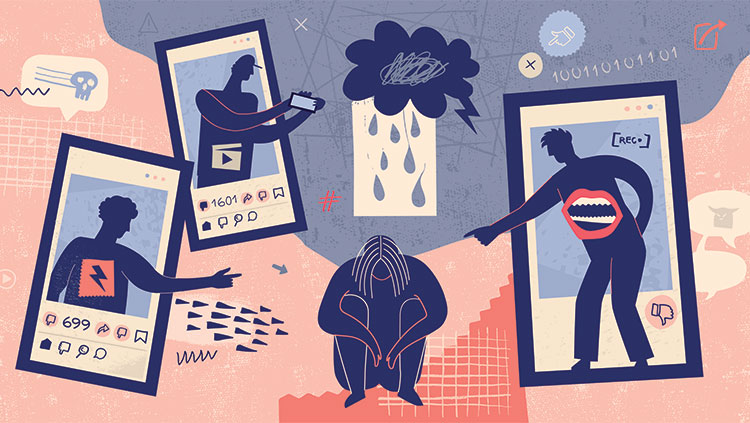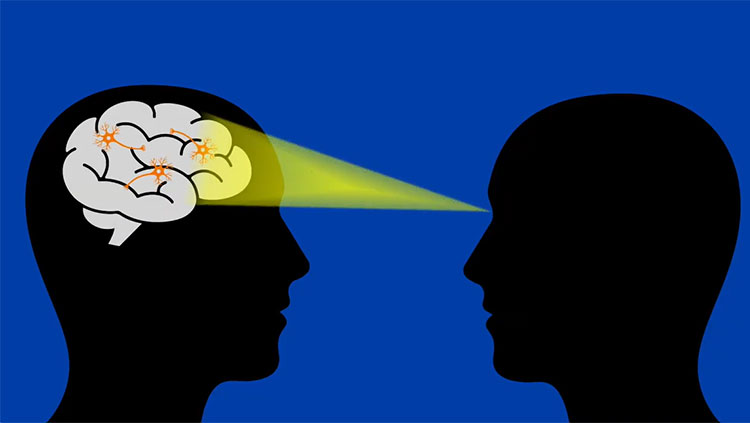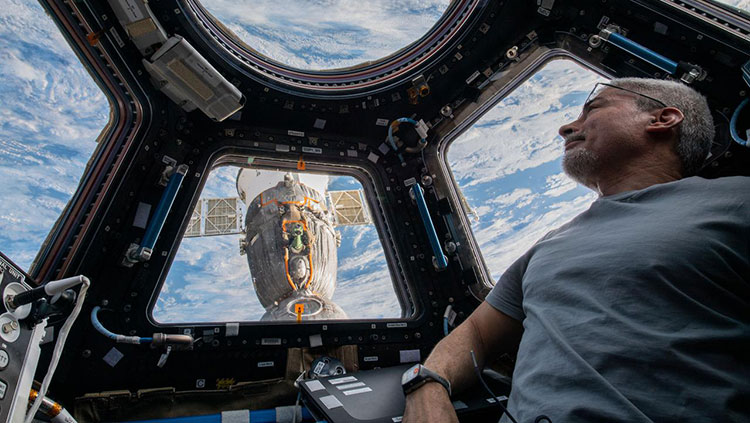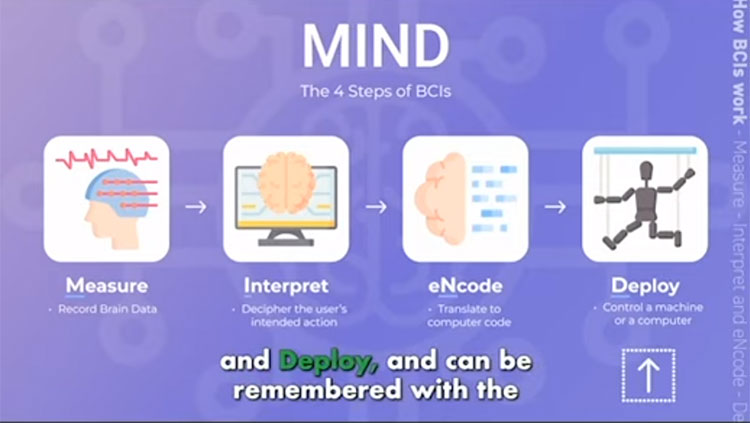A New Relationship Between Humans and Machines
- Published21 Jan 2020
- Source BrainFacts/SfN
Technological advances in medicine led to devices that communicate directly with the nervous system. These neural-digital interfaces include prosthetics with a sense of touch, injectable nerve stimulators, and virtual reality experiences. Now, scientists are thinking beyond the medical field, examining how technology can expand the human experience. A doctor in Paris could operate on a patient in Bangkok through a robot that lets them feel the patient. A dietician could try on the body of their overweight patient with virtual reality. This endeavor raises ethical, social, and legal issues surrounding the evolving relationship between people and machines.
Dustin Tyler, professor of biomedical engineering at Case Western Reserve University, introduces how this emerging technology can improve medical treatments and expand the human experience.
This video is part of a series on Neural-Digital Interfaces, presented at Neuroscience 2019 for the Social Issues Roundtable.
CONTENT PROVIDED BY
BrainFacts/SfN
Also In Tech & the Brain
Trending
Popular articles on BrainFacts.org

















